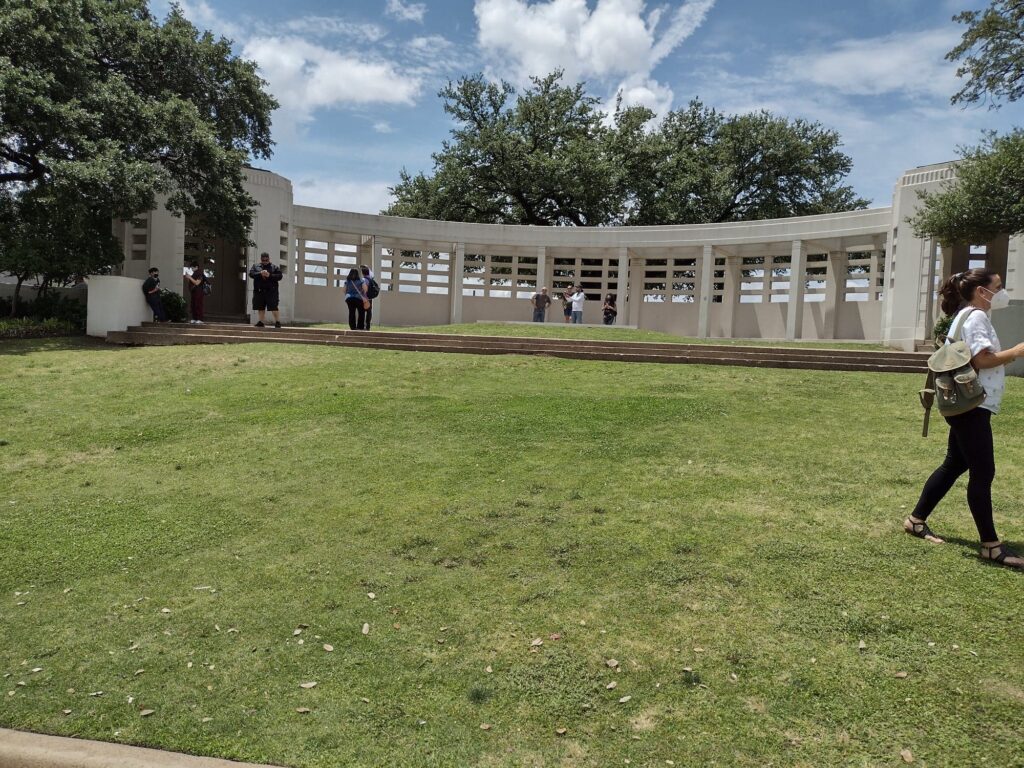
When people go on a vacation, they often have an iconic destination in mind. Disneyland, the Eiffel Tower, and the Grand Canyon spring to mind as this type of larger-than-life target to point the ol’ minivan toward and shout “Onward, HO!”—or whatever one is wont to shout in such circumstance these days.
. . . my heart and mind were always drawn to the little strip of roadway in downtown Dallas where President John F. Kennedy was murdered.
While Disneyland did hold a well-defined fascination for me as a boy, there weren’t that many tourist targets I wanted to visit so badly I’d spend over a dozen hours in the car, patiently building anticipation by watching mileage signs and billboards dot an endless highway toward a mythic respite. Plus, I’d need someone to do the driving which could be problematic when you are ten.
But ever since I was a youngster, knee-high to a tadpole, I have always wanted to visit Dealey Plaza in Dallas, Texas. I know . . . not exactly The White House or even San Francisco’s famed Fisherman’s Wharf in terms of overall vacation appeal. But ever since the tragic events of November 22, 1963 my heart and mind were always drawn to the little strip of roadway in downtown Dallas where President John F. Kennedy was murdered.
I was eight years old when the young President was taken down. Although I have no memory of being in school to hear the shocking news, history (and Wikipedia) inform me it was a Friday, about 10:30 AM in California when the shooting occurred. I had to be ensconced in Mrs. Eva’s third grade classroom when I heard the news.
Were we told by our teacher? By Principal Barron over the loudspeaker en masse? Were we sent home from school to allow our parents to break the horrific news? On this subject I am a shockingly blank slate. I have absolutely no memory how I learned our 35th President had been assassinated.
My one memory of that day—in fact, of the next three and a half days until Monday evening—was being mad because none of the good TV programs were on.
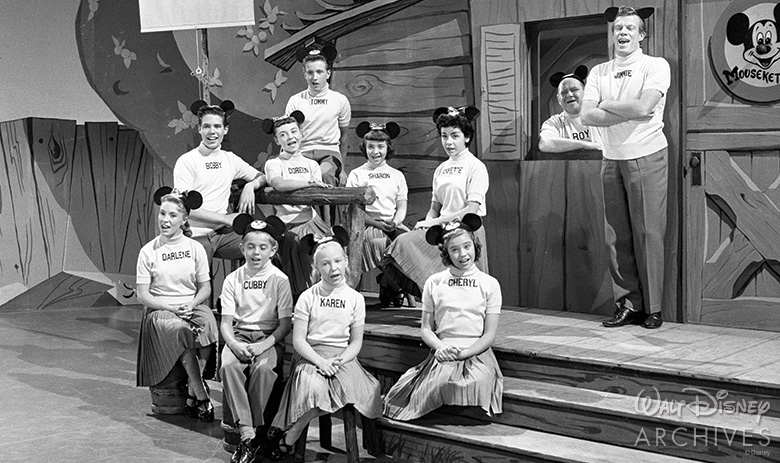
Because The Mickey Mouse Club was preempted, because I had to go Annette Funicello-less for Friday and Monday, I grew progressively angry at the man who shot the President. Right feeling. Wrong reason. Everything on our old Motorola during that long weekend was just news. News, news, news! Funny, the things our minds choose to remember for us.
. . . a luscious green set piece against which King Arthur would fall dying into the arms of his pink Chanel-clad Guinevere.
In the ensuing years many new phrases entered our collective National Lexicon: “Second Gunman,” “Conspiracy Theory,” “Texas Schoolbook Depository,” “Warren Report,” “Eternal Flame,” and even “Camelot” with its newly-minted mythology all grew into common code. When one of those words or phrases was mentioned, we all knew the conversation had turned to November 22, 1963.
And so it was also true for me when I first heard Walter Cronkite utter the phrase, “Grassy Knoll.” I sure knew about grass . . . but what the heck was a knoll, I asked my mother? Turns out it was nothing more than a small round hill; no bigger, in theory, than a sprawling tract home or a couple 18-wheelers.
Click on picture for Walter Cronkite’s iconic pronouncement
The Grassy Knoll was not the place from which the assassin perched, but a luxuriant backdrop to the crime of the century; a luscious green set piece against which King Arthur would fall dying into the arms of his pink Chanel-clad Guinevere.
After the mourning, after the long, grey pall lifted from the frontal lobe of our nation’s psyche, after Mickey Mouse and Donald Duck returned to the fold with Bugs Bunny and Felix the Cat in tow, the images published in Life Magazine and The Saturday Evening Post etched themselves indelibly on my skull like the remnants of an old wood burning kit on piece of polished ash.
Before you could say “Jack Ruby” a cottage industry of reasonable conjecture and conspiracy theories grabbed the hearts and minds of many. Books and films flooded the market with potential whodunnits. Television talk and radio news shows droned on about who, besides the Warren Commission’s choice, could have been the mastermind behind this history-changing event.
For a lawn so spectacularly trampled by tourists, gawkers, and pilgrims it seemed pristine.
With all that as back story, perhaps you can see why—when Sally and I scored a pair of $99 round trip tickets on Southwest from Burbank to Houston to visit our daughter Dusty and her husband Sergey—my mind began conjuring overtures to promises made long ago.
Sally had scheduled two concerts in the Dallas area. She understood what stopping by Dealey Plaza on the way to her concert would mean to me. So did Dusty and Sergey who would be accompanying us to Dallas from their home near Houston. They were all gracious to accommodate my wish to visit Dealey Plaza. In return I promised to keep the visit short.
I just wanted to pay my respects.
And that is what I did. I approached the iconic curve of Elm Street, where untold thousands of Americans had soberly trudged before. It was unsettling that, as I walked onto the historic scene I knew the buildings. I was already friendly with the light blue skyline. I recognized an obscure former book depository. It was the sense one has when meeting an old friend for the first time in person after years of corresponding by mail.
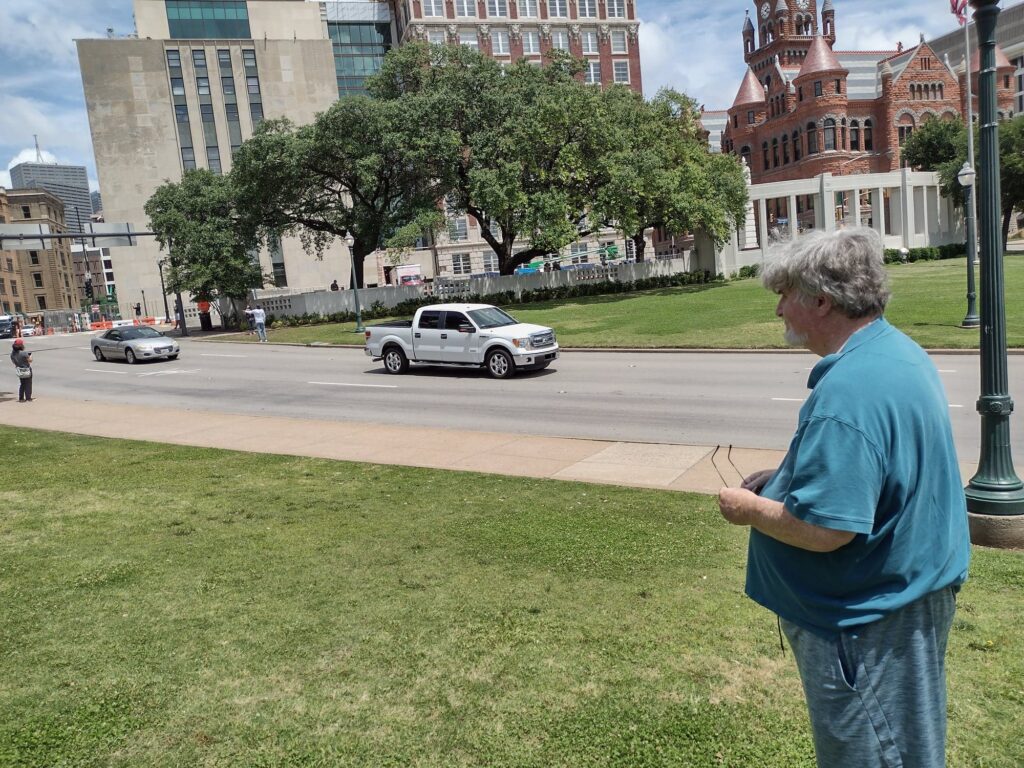
The place was amazingly and, I might suggest, even lovingly kept as it was on that bright November day in 1963. For a lawn so spectacularly trampled by tourists, gawkers, and pilgrims it seemed pristine. The expanse of background columns framing The Grassy Knoll were the same as I’d remembered, still white with fresh paint.
Two specific points of interests grabbed my attention:
- The “X” painted on the road to mark the precise location of the Presidential limousine at the moment the fatal bullet ended Kennedy’s life.
- The cement pedestal where Abraham Zapruder stood with his 8mm Bell & Howell camera while taking the most famous 26.6 seconds of color footage in history.
It was possible to pose next to the “X” because traffic was light enough to accommodate the occasional tourist sending pics back to his Facebook page in Kansas. They would run out to the spot, smile for the camera, and then hoof it back to the sidewalk to miss an oncoming vehicle. I saw one man who laid down in the road next to the “X” and mugged for the folks back home as if he were dead. He was old enough to know better. But some kids never grow up.
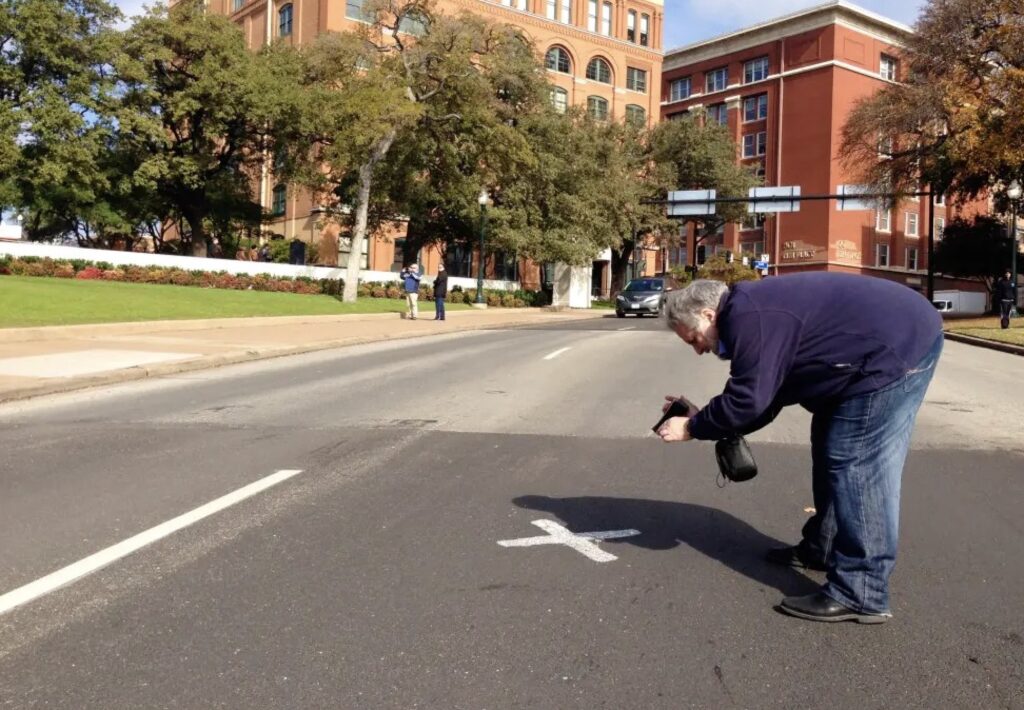
Fun fact about the large white “X” in the road. It was not placed there by city fathers as a memorial. It just appeared one day on Elm Street and the decision was made not to remove it. The tourists liked having a definitive location to focus their thoughts on. But in 2013, approaching the 50th anniversary to the historic event, the county decided to repave the road to make the uneven street safe for the great influx of cars and pedestrians the city was expecting.
That meant the “X” would be covered over. A county supervisor said that he fully expected the mysterious, unauthorized mark to return soon after the job’s completion. And so it did, probably in the dead of night, where it remains to this day.
I was greatly fascinated with the cement pedestal where Mr. Zapruder perched at the perfect angle to catch the arrival in Dallas of the closest thing we had to a royal couple. The act of Zapruder’s climbing the cement block and filming the President’s motorcade, never stopping through the grisly shots fired from somewhere he couldn’t place, has been faithfully recreated in the films Parkland and Oliver Stone’s JFK.
I wanted to climb up on the cement block but it was built for a slightly younger version of myself, the me who longed to be there in person as a boy but did not have the credentials to pull off such a trip back in the late 60s.
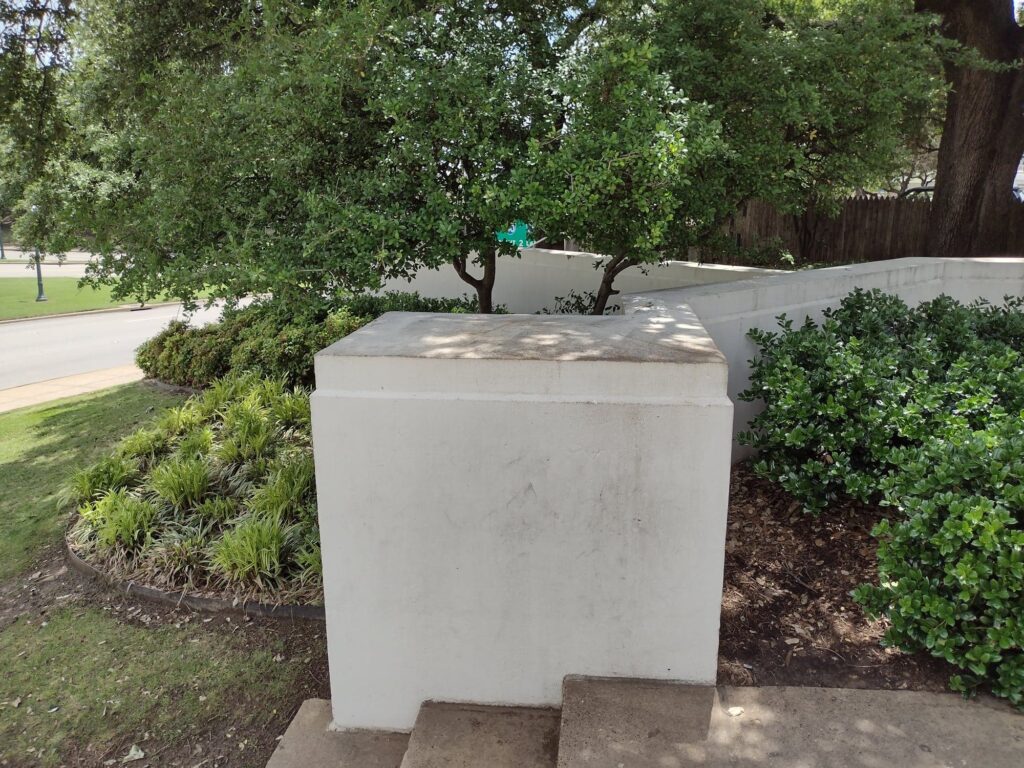
Behind me was a man well-versed in Kennedy assassination lore. He was leading a flock of tourists he had gathered spontaneously, the way a carnival barker might draw one into his tent for a look at some oddity he was pitching. He explained in rehearsed detail the significant points of interest and wasn’t half bad in his knowledge of all things 11-22-63. At the end he passed the hat and grateful out-of-towners filled it to the brim.
Then it was time to go. My entourage had been generous with this detour. I could have stayed for hours, even in the hot sun, but I didn’t want to abuse the good will I had reaped. I took a few pictures, said a small prayer. I had been to the Kennedy graveside, the Eternal Flame in Arlington National Cemetery when I was in college and had done the same there. Now the circle was complete.
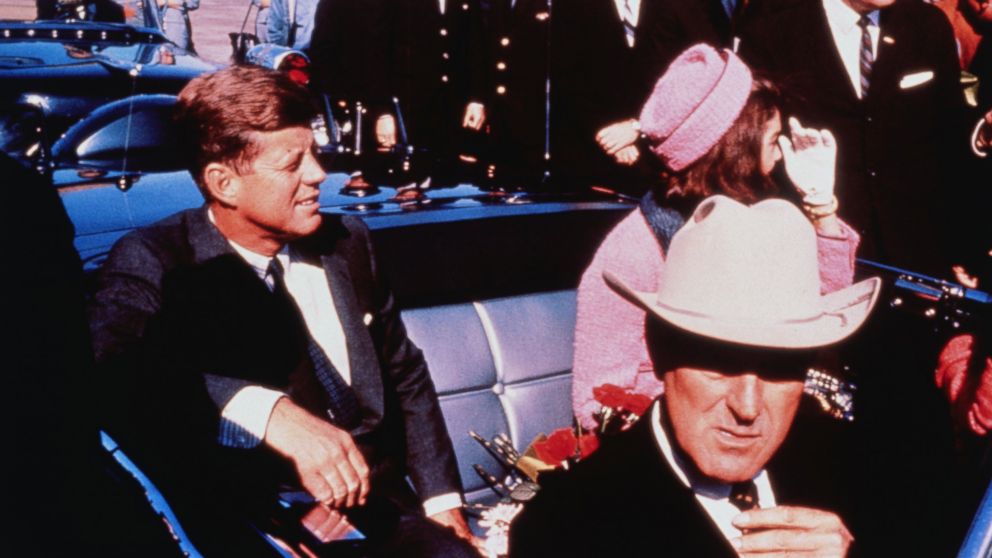
We were all robbed on November 22, 1963. Because whether you loved or hated John Fitzgerald Kennedy—and there was plenty of both to go around before and after he became a martyr—Kennedy’s murder sent the course of United States history careening in a dark, barely-recognizable direction.
These days we take the memory of Viet Nam for granted—how it started and ended after too many lives were lost on both sides. But maybe JFK would have ended US involvement sooner than the mid-70s. There is evidence he wanted to. Maybe there would have even been victory of sorts, though historians are not encouraging on that front. If Viet Nam was over in, say, 1965 would there even have been a Summer of Love which came as a reaction to the war? A Woodstock? Would Morrison, Hendrix and Joplin have overdosed in ’68? Popular music might have taken a different direction entirely.
Lacking a 1963 assassination, Robert Kennedy would not have been running for President in 1968—it would have likely been his older brother, Ted. So Robert would likely not have been gunned down in Los Angeles after winning the California Primary. And maybe, just maybe, the Civil Rights movement might have caught a break and an assassin’s bullet might have even missed Rev. Martin Luther King, whose hope for racial harmony and equal rights might have struck an even more influential chord . . . had he lived.
These events all bore fruit of a cynical nature that we fed on through the end of the 60s
Yes, in 1968 Massachusetts Senator Ted Kennedy might have become the Democrat’s Presidential standard bearer instead of The Happy Warrior, Hubert Horatio Humphrey. After all, if Ted Kennedy was inaugurated as President in January 1969 he would have been nowhere near Chappaquiddick six months later in July of that year.
If Ted Kennedy was elected President then there would be no second chance for Nixonian redemption for the former Vice President’s 1960 Presidential defeat. So logically there would be absolutely no Watergate Scandal to shame a President into resignation. And every political scandal thereafter (Iran-Contragate, Travelgate, Emailgate, Billygate, Nannygate, Pardongate, and—ahem—Weinergate) would have mercifully been dubbed something else less grating and repetitious.
These events all bore fruit of a cynical nature that we fed on through the end of the 60s and well beyond. Some would say the fallout is still feeding our National Spirit today.
To persons of a certain age, you can’t mention Dallas without evoking a wistful nostalgia for the tortured dreams of What Might Have Been. The city and people who lived there are forever stained, through no fault of their own, by a single act on a single day.
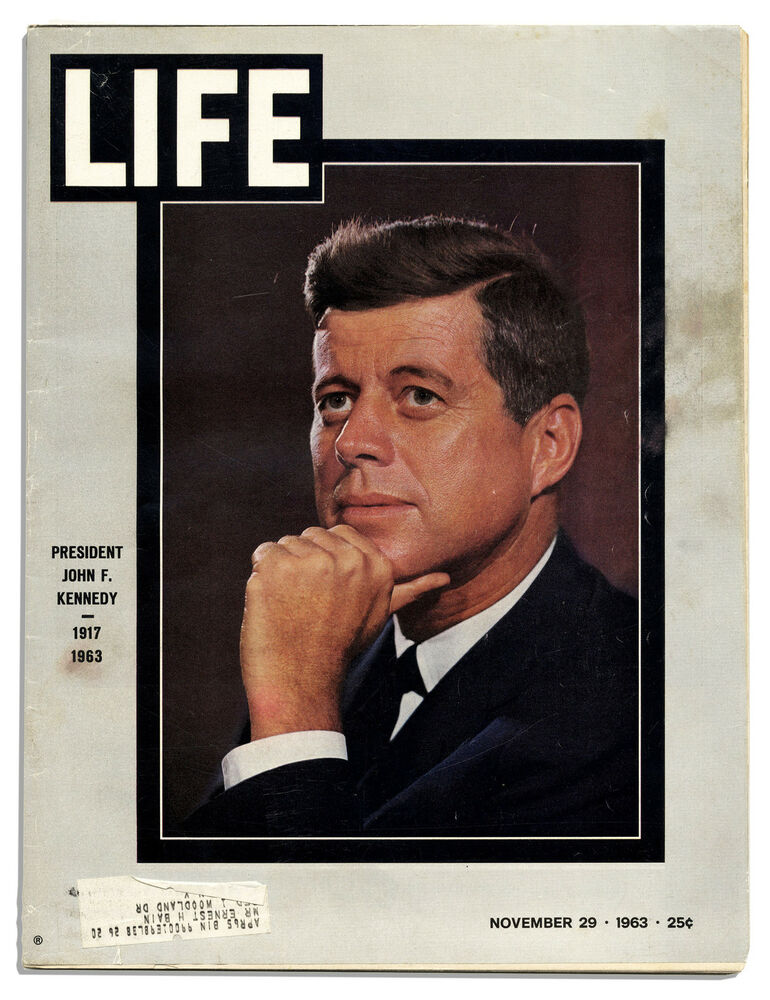
In the end, I realize this is why I was driven to attend, though decades delayed, this very private memorial. I needed to pay my respects . . . and stand at the corner of Destiny and What If.
We will never know what alternate version of history awaited us had a random bird taken the bullet intended for a President; or a gust of wind had blown the shot imperceptibly off course to hit a shoulder instead of a neck. But even as I began walking back to the parking lot from Dealey Plaza I knew two things:
I’m glad I made the trip. And I’m not done wrestling with this loss. I’ll be back someday to Dealey Plaza. I’ll be back.
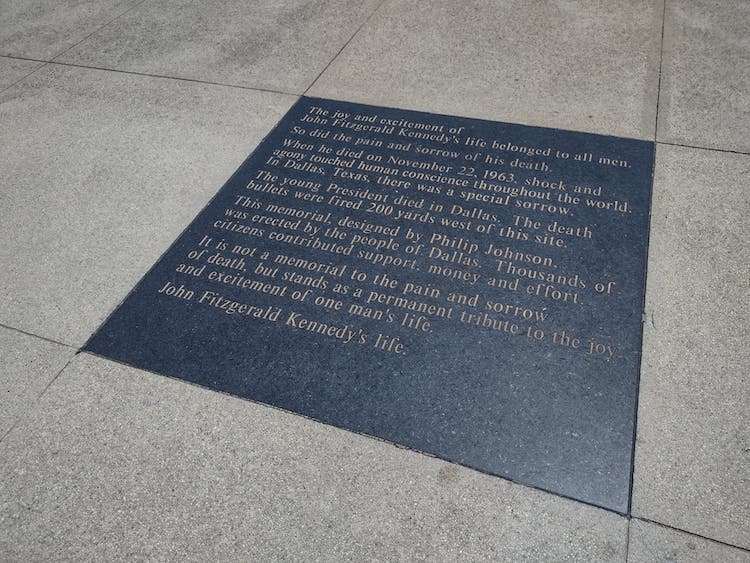
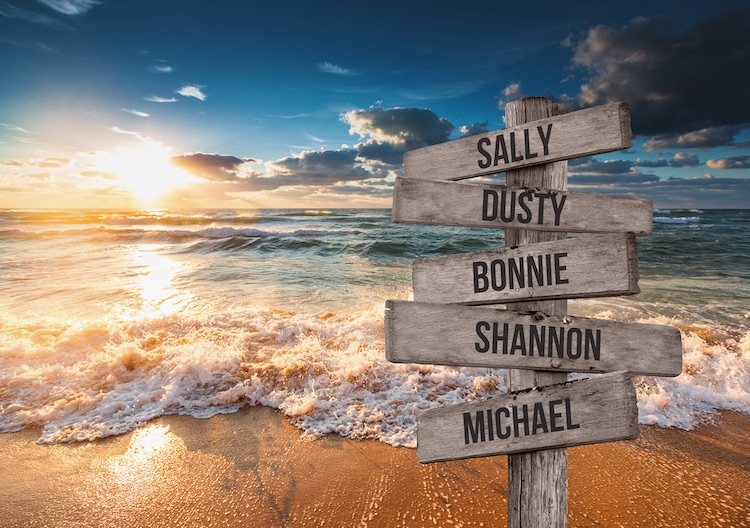
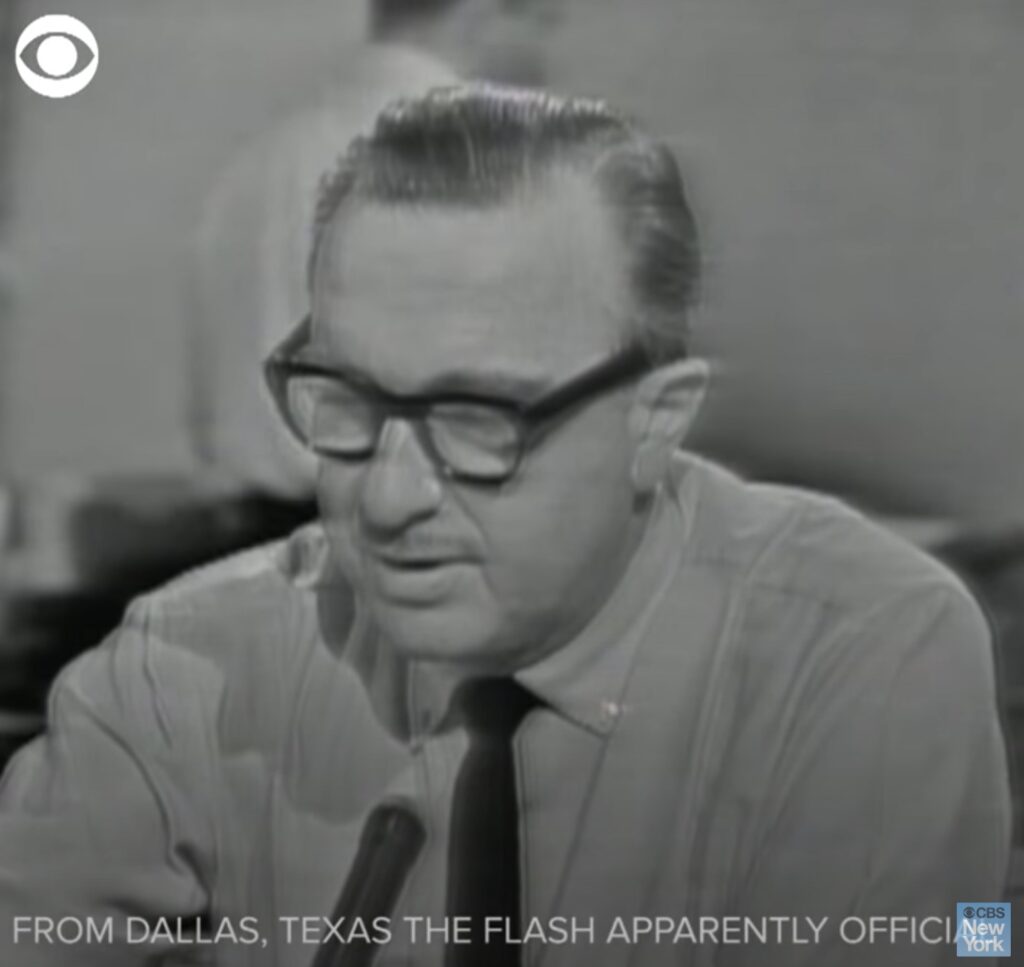

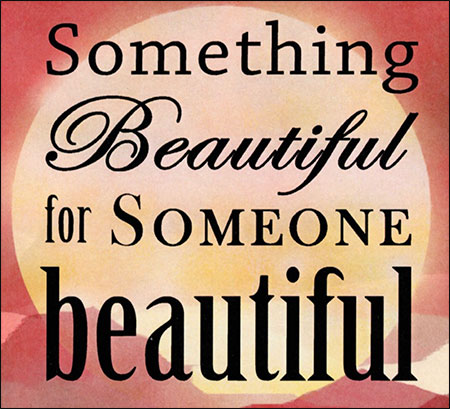
Michael, you’re such a good writer. I think that you should share your thoughts with others besides on your blog and get paid for it. There is a big world (and internet) out there clamoring for content.
I remember when I found out Kennedy was shot and the whole memory is in black and white. Maybe because I remember seeing the news on my Nana’s black and white TV and asking what happened and if the President was dead. I had just turned 5. It is like an out of body experience/memory where I see myself standing in my grand parent’s living room looking at the TV. And the Mickey Mouse Club was my FAVORITE TV show. I don’t remember missing it.
Your musings on the what ifs are interesting. Never thought about them. Life is a mystery. But if you know the Lord you know your future.
Thanks for the interesting read.
Cindy Pemberton
Thank you Cindy. I think Mickey Mouse Club was just preempted Friday (Nov. 22) and Monday (the funeral)
I share your sentiments and I agree with you. Just like a Holy God who gives each person a second chance at redemption and forgiveness, but still living out our sinful consequences.
Beautifully stated Frank. Thank you
Beautifully written…I am 78 years old and I remember it well and the mournful days that followed.
Thank you.
Jean
So close and yet so many years now. Thanks Jean
I heard the news when I came home from school to find my mother crying in front of the TV set on 11/22/63– two days before my 6th birthday. Thanks for taking us to Dealey Plaza with you. You’re a wonderful writer, my friend. PR
Glad to have you along for the ride, Paul. Though I must say it was touch and go at the Southwest checkin and the cargo in my bag wouldn’t stop squirming.
I was in Mr. Cliff Dahle’s social study class that day. One of my classmates in an attempt to be funny and be the center of attention said, over and over again “I did it Mr. Dahle, I did it.” I wonder how she remembers that day?
One of the ironies that I remember is that an infamous murder in Duluth Minnesota dominated the news before that fateful day, and was forgotten never to reach the headlines of the Minneapolis Star again.
How one murder takes our attention off the one which just happened.
I wonder what will happen tomorrow which will erase today from our minds, and will we ever learn from out history?.
Excellent thoughts and “what ifs”. Thank you John.
Interesting thoughts on the defining moment of the 1960’s indeed. Thank you for sharing your personal viewpoint. I vividly recall my parents struggle with the events and the gallant attempt to somehow explain the unexplainable. The chain of atrocities that followed were far beyond my childlike mind to comprehend. Only much later did I realize that youth was far from the principle reason people still cannot find the rationale in such terrible events in history. I am truly grateful for your recounting of the effects the assassination had on us and the “what-ifs” that are well worth our time considering.
Thank you, my friend. I’m glad to have impacted your impressions and recollections of that day.
I was there that day–working for R. L. Polk, doing market research–door to door. Someone told me about it. I think maybe I watched a little on someone’s TV.
Good article, Michael.
Thank you,
Aline
Thank you Aline. It was an historic day that came out of the blue and changed everything.
My experience was close to your friend Paul’s—Just a week before turning 7, and Sister Superior (principal) announced to everyone’s classrooms what happened, and that we were dismissed at once. Coming home, my mother was at her ironing board and crying at the TV…..
I agree with all these comments that your gift of writing came thru once again—as always with bits of humor mixed in with the poignant memories. Teeny tiny correction: Ted was the youngest of the Kennedy children.
With Carolyn now in Texas I may have an opportunity myself to visit–Your photos are most helpful!
Right you are Francesca. Teddy was the youngest. Would you believe that’s the first mistake I’ve made since 1971? Yeah, me neither. Thank you for your always kind words on the writing. Love to Joe.
I am not one to type, so this comment has been stewing for a long while, but I could not shake it, so here goes. With regard to the “what ifs”, what if the American culture had not kicked GOD out of the classroom, and other places as well, particularly our hearts. If Lincoln had not been murdered, maybe the Civil Right issue would not have been so damaging to our country. The list of “mistakes” that have happened during our nations past is not small, and there is no agreement as to what should be on that list. But GOD knows what those thing are and we the people who have control of this nation (and that list can be debated, but again, GOD knows) will be held accountable in due time. I believe that we Christians should look at our actions, words are cheap. It is easy to say something like “I am a follower of JESUS CHRIST”, not so easy to act like it. How many of us are going to be filled with terror at the pronouncement that we did care for the poor? Or what about not forgiving? Or being ashamed to mention the Name of JESUS? Or being habitual liars? It would do us all good to read through our Bibles looking for items that lead to Eternal Damnation (you may be surprised at what is not on that list) when we are doing our own thing and not GOD’s plan for our lives. After all, JESUS said that if we Love HIM, we will follow HIS commandments. HE has given us HIS SPIRIT to help us. We have the power to do what is right in GOD’s eyes. If we are HIS sheep, we will know HIS voice. We should have the desire to act according to HIS Voice. Every one of us has room to draw closer to GOD. If we are not drawing closer, we are drifting away.
Amen, Tom. Amen!
I’m surprised you didn’t take the time to tour the Book Repository, too. I’ve been there. It put things in a different perspective. You need to go back and take it in as well.
Shalom.
I’d like to, Tim. I was with Sally, my daughter and son-in-law that day and we had a concert for Sally in Dallas that evening. They were gracious enough in giving me the gift of that detour when naps would have been appreciated. I was grateful for the time spent reflecting. I hope to return and do just what you suggested. –Michael
Like you Michael, I remember that day well. Approximately 11:30 AM (Cali time), news didn’t get out as quickly in those days, the intercom system came on, and the announcement was made. We were stunned of course. I was attending a Christian Boarding school in Watsonville, and was in 8th grade. It brought our childhood innocence to an end. Bad things happened out there. I imagine we had a prayer meeting that afternoon. I’m pretty sure that classes were cancelled for the rest of the day. But I don’t remember much beyond watching the reactions on my fellow classmates. But in one swift moment, we became adults. Even though I have never been to the memorial in Dallas, just a few years ago, I lunched on the square were Martin Luther King was assassinated in Memphis. From my seat in the restaurant, I could see the motel where he died. Another grim reminder and I believe a history changer. I was in college for that one, and that really struck deep. I don’t remember if it was that day, or the next, but that evening, students from St. Olaf College (where I was) and Carlton College (the other college in the small town of Northfield, MN, had candlelight processions from each school and met in a park in the middle of town and remembered MLK. We are a generation that knew unrest in Asia and South America, watched the Soviet Union take over most of Eastern Europe, saw our families and comrades go to war in Vietnam and other places, saw a country torn in 2 by a war no one understood in Vietnam, and many other things. We had bomb shelters and nuclear/atom bomb drills. We also had really, really good music and were raised by WW2 veterans and learned to take it mostly in stride. But, it was definitely a lot. So on your next trip to Dallas, reserve a few hours to see the rest of the site. You won’t have anymore answers, but you’ll get to give your regards. Blessings
Beautifully recalled and stated, Karen. Thank you for adding to this experience. I will indeed, go back to Dallas and give my regards. For both of us.